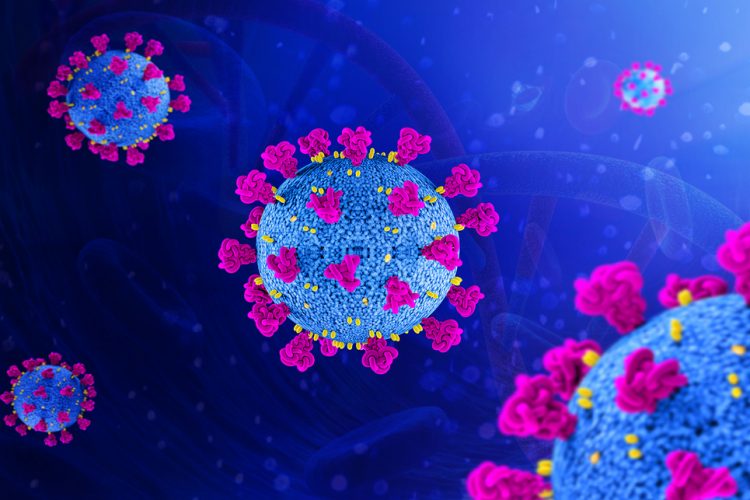University of Oxford and AstraZeneca sign deal to produce COVID-19 vaccine
Posted: 1 May 2020 | Victoria Rees (European Pharmaceutical Review) | No comments yet
A new agreement between the University of Oxford and AstraZeneca will allow the former’s COVID-19 vaccine candidate to be manufactured and distributed.


The University of Oxford, UK and AstraZeneca have announced an agreement for the global development and distribution of the University’s potential recombinant adenovirus vaccine aimed at preventing COVID-19 infection from SARS-CoV-2.
The collaboration aims to produce the potential vaccine known as ChAdOx1 nCoV-19. Under the agreement, AstraZeneca would be responsible for development and worldwide manufacturing and distribution of the vaccine.
The ChAdOx1 vector was chosen to generate a strong immune response from a single dose and it is not replicating, so cannot cause an ongoing infection in the vaccinated individual.
Professor Sir John Bell, Regius Professor of Medicine at Oxford University, said: “Our partnership with AstraZeneca will be a major force in the struggle against pandemics for many years to come. We believe that together we will be in a strong position to start immunising against coronavirus once we have an effective approved vaccine. Sadly, the risk of new pandemics will always be with us and the new research centre will enhance the world’s preparedness and our speed of reaction the next time we face such a challenge.”
ChAdOx1 nCoV-19 uses a viral vector based on a weakened version of the common cold (adenovirus) containing the genetic material of SARS-CoV-2 Spike (S) protein. After vaccination, the surface S protein is produced, which primes the immune system to attack COVID-19 if it later infects the body.
Pascal Soriot, Chief Executive Officer at AstraZeneca, said: “As COVID-19 continues its grip on the world, the need for a vaccine to defeat the virus is urgent. This collaboration brings together the University of Oxford’s world-class expertise in vaccinology and AstraZeneca’s global development, manufacturing and distribution capabilities. Our hope is that, by joining forces, we can accelerate the globalisation of a vaccine to combat the virus and protect people from the deadliest pandemic in a generation.”
Mene Pangalos, Executive Vice President, BioPharmaceuticals R&D at AstraZeneca added: “The University of Oxford and AstraZeneca have a longstanding relationship to advance basic research and we are hugely excited to be working with them on advancing a vaccine to prevent COVID-19 around the world. We are looking forward to working with the University of Oxford and innovative companies such as Vaccitech, as part of our new partnership.”
The potential vaccine entered Phase I clinical trials last week to study safety and efficacy in healthy volunteers aged 18 to 55 years, across five trial centres in England. According to the researchers, data from the Phase I trial could be available next month and advancement to late-stage trials should take place by the middle of this year.









